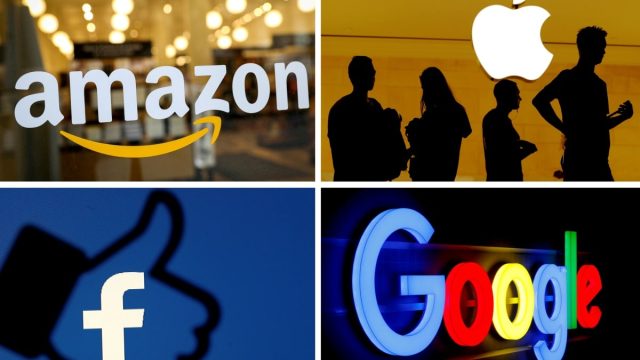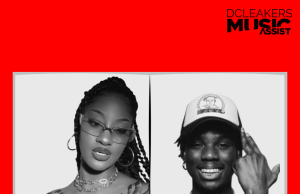The European Union has picked out 22 so-called “gatekeeper” services, run by six of the biggest tech companies in the world, to face new rules as part of its latest crackdown on Big Tech. The wide-ranging Digital Markets Act (DMA) will apply to services from Alphabet, Amazon, Apple, Meta, Microsoft and TikTok owner ByteDance.
Seen by many as a companion piece of legislation to the Digital Services Act (DSA), which imposes greater responsibilities on tech companies for the content shared on their sites, the DMA has been designed to level the playing field between Big Tech companies and smaller competitors.
The tech giants now have six months to comply with the provisions of the DMA, which aims to improve access and the compatibility of services in Europe and poses an unprecedented challenge to these companies’ business models.
Under the DMA, companies with more than 45 million monthly active users and a market capitalisation of 75 billion euros ($82 billion) are considered gatekeepers providing a core platform service.
Businesses labeled as such will be required to make their messaging apps interoperate with rivals and let users decide which apps to pre-install on their devices.
Alphabet’s Google had the highest number of services, including its Android operating system, Maps, and Search, which would face tougher rules. Meta’s Facebook, Instagram, Marketplace, and WhatsApp also qualified as gatekeepers.
Companies that fail to comply with their obligations can be fined up to 10% of their annual global turnover for DMA violations.
Gatekeepers could ask for an interim measure to suspend the application of the rules but they would need to launch a legal case in the EU Court of Justice in Luxembourg to do that, a senior Commission official said. “We haven’t seen anything like that so far.”
Following the introduction of separate legislation, the Digital Services Act, Zalando took the Commission to court in June.
“It’s D-Day for #DMA!,” EU industry chief Thierry Breton said on X, formerly known as Twitter. “The most impactful online companies will now have to play by our EU rules.”
Mixed reactions
A Microsoft spokesperson said it accepts its gatekeeper designation, while Meta, Google and Amazon spokespersons said they were reviewing the designations.
Apple and TikTok were less welcoming.
TikTok said it “fundamentally disagreed with this decision” and was “disappointed that no market investigation was conducted prior to this decision,” adding it was considering its next steps.
An Apple spokesperson said the company remained “very concerned about the privacy and data security risks the DMA poses for our users.”
The iPhone maker had earlier raised concerns that the DMA would lead to more installing of apps that do not come via Apple’s App Store, or “side-loading”.
“The Commission should balance the need to protect user security and privacy with the very real risk that gatekeeper app stores will use security and privacy as excuses to dilute compliance with their DMA obligations,” said Stavroula Vryna, partner at law firm Clifford Chance.
Alphabet’s Gmail, Microsoft’s Outlook and Samsung’s browser were exempted after the companies provided sufficiently justified arguments showing that these services do not qualify as gatekeepers, the Commission said.
The Commission has also opened four market investigations to further assess Microsoft’s and Apple’s submissions that some of their core platforms such as Bing, Edge Microsoft Advertising, and Apple’s iMessage services do not qualify as gateways.
“iMessage is designed and marketed for personal consumer communications, and we look forward to explaining to the commission why iMessage is outside the scope of the DMA,” an Apple spokesperson said.
© Thomson Reuters 2023








![Stonebwoy holds star-studded party for ‘5th Dimension’ mega album [Video]](https://ghananewss.com/storage/2023/04/stonebwoy-partyy-100x75.jpeg)









